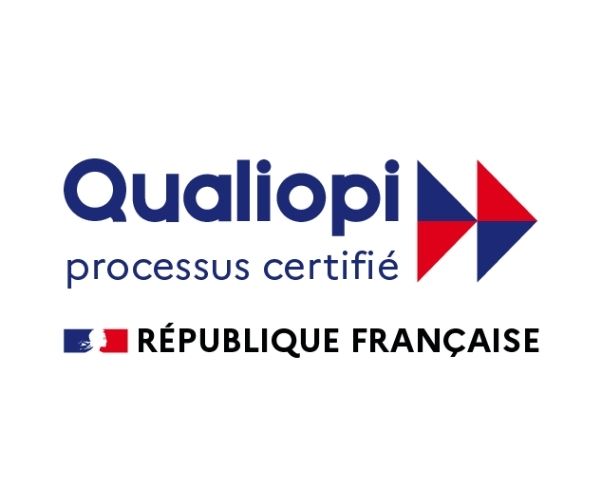Training
Mandatory QUALIOPI certification: CTCPA training courses are still covered since January 1, 2022
14
Jan

Published on : 14/01/2022
Since January 1, 2022, all training organizations wishing to benefit from public funding must be able to claim QUALIOPI certification. The CTCPA obtained the certification in 2021. Our intra and inter-company training courses continue to be financed by the OPCOs of which we are partners.
What is QUALIOPI certification?
This certification meets the requirements of the National Quality Standard. It is proof of the continuous effort of our teams to improve our training. We provide testimonies and feedback, thanks to quality speakers. And we are constantly improving our teaching tools, in addition to practical demonstrations in our technology halls.
It is for you a new guarantee to make the choice of quality, by relying on the CTCPA to accompany you in the development of your skills in production, quality and food safety, regulation, management and skills management.
What is an OPCO?
Skills operators, or OPCOs, are organizations responsible for supporting vocational training, created on April 1, 2019 following the law of September 5, 2018 on the reform of vocational training.
The CTCPA works with the different OPCOs: OCAPIAT, AKTO, VIVEA, FAFCEA, UNIFORMATION.
What training courses in the agri-food sector does the CTCPA offer?
The CTCPA, Technical Center for the Preservation of Agricultural Products, offers you a complete catalog of training courses: business cycles (starting up a canning or cookie factory...), thematic training courses in product transformation, heat treatment, packaging, food safety, regulations, microbiology, management and skills management and finally our CQP (Certificate of Professional Qualification). All our trainings are available in intra-company. Do not hesitate to contact us! To consult our training catalog, click here : Agri-food training, a complete catalog to train, CTCPA
For any question about the CTCPA training, contact Valérie LE GOUEFF - contact.formation@ctcpa.org – 01 53 91 44 01.






